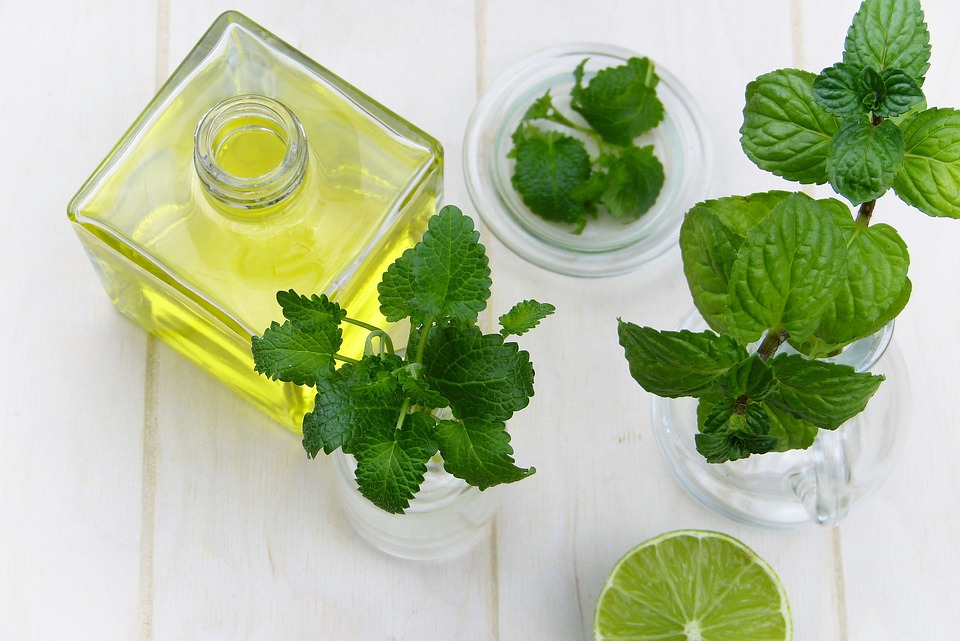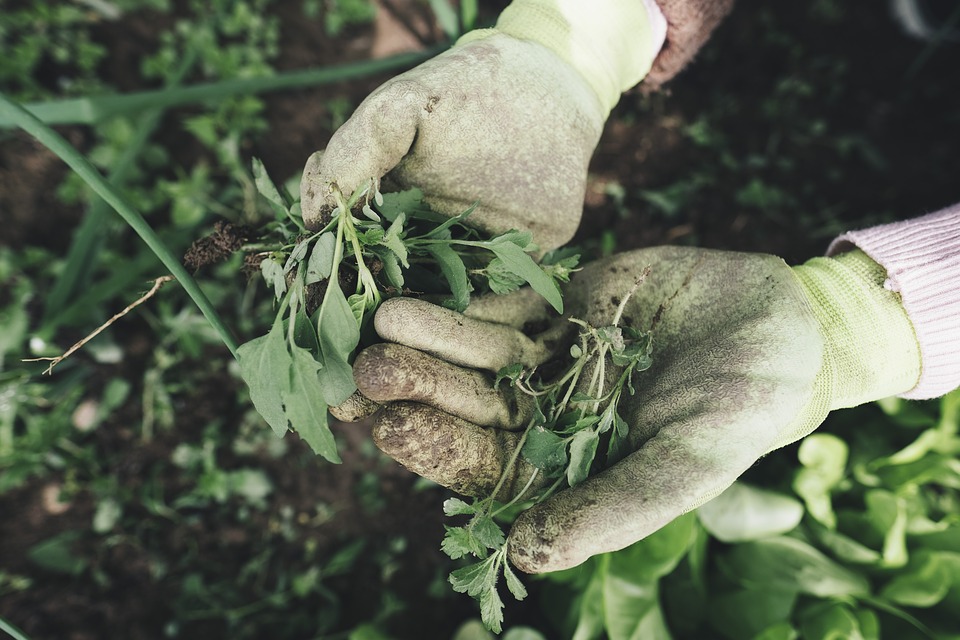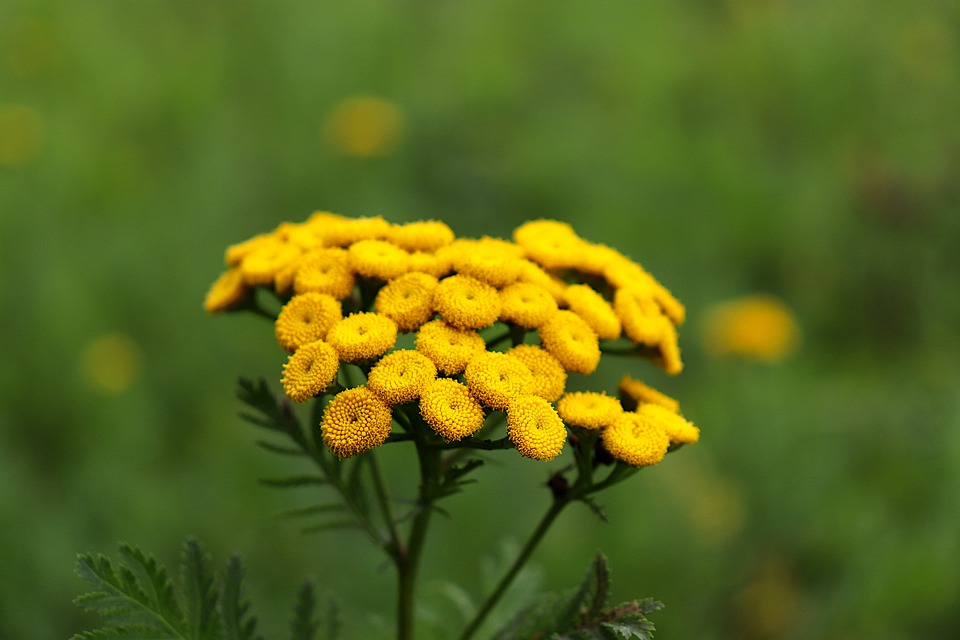Today, even though we live in a world where thousands and thousands of medicines are being manufactured, many natural plants have powerful healing powers.
It is recommended that all homeowners, especially those with children, should have medicinal plants available in their gardens.
To help you to decide what medicinal plants are best for you, we bring you an amazing list!
#1. Sage
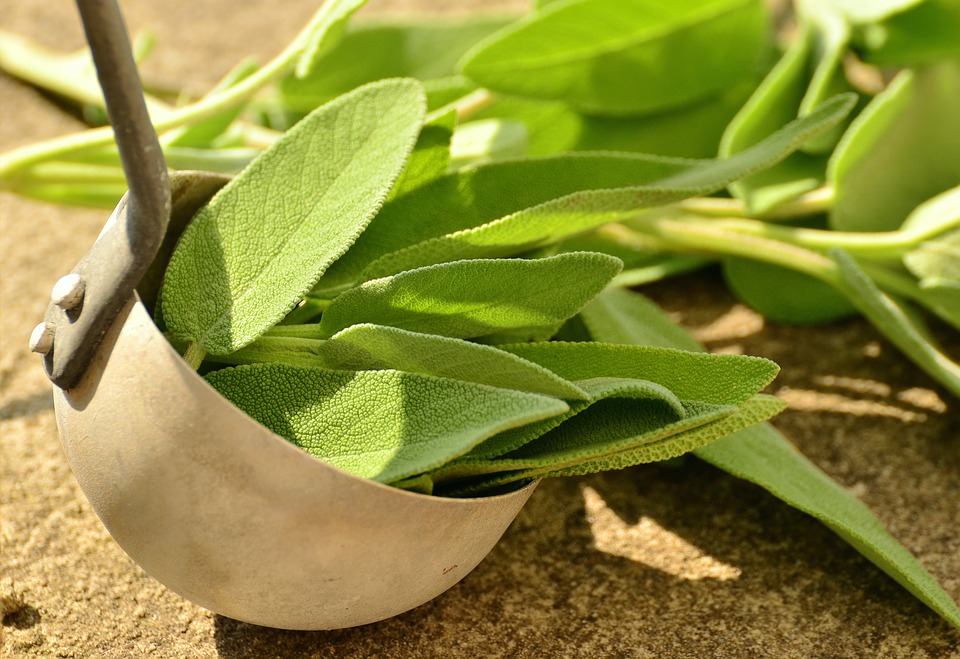

Sage, also called common sage, culinary sage or garden sage is a green perennial herb with woody stems and greyish leaves. It is native to the Mediterranean region and comes from the mint family.
Sage is a plant which has several health benefits:
- High in nutrients: Sage contains a variety of vitamins and minerals such as vitamin K, calcium, magnesium and so on.
- Antioxidants: Antioxidants are compounds found in foods which can help defend your body’s cells against the damage caused by free radicals. Sage consists of over 160 polyphenols – plant-based compounds which act as antioxidants in our bodies. Some of its compounds such as chlorogenic acid, caffeic acid and rosmarinic acid are linked with a lower risk of cancer and improved memory.
- Menopause is a condition where a woman’s body usually experiences a reduction in oestrogen levels, which can lead to a variety of uncomfortable symptoms such as irritability, hot flashes, and excessive sweating. However, sage can reduce these symptoms.
- Did you know that the leaves of sage were traditionally used as an antidote against diabetes? According to research, sage can help to reduce blood sugar levels.
- It is noted that at least one person per minute dies from heart disease in the United States and high bad LDL cholesterol is often a triggering factor. A human study showed that consuming sage twice a day could lower the risk of bad LDL cholesterol.
- Cancer is a horrible disease which can affect not only an individual but also a whole family. Cancer has been one of the leading causes of death across the entire world. Numerous studies have indicated that sage may stop cancer cells’ growth and help fight against specific types of cancer like mouth, liver, colon, breast, skin and kidney cancer.
- Studies have also shown that sage can alleviate diarrhea.
#2. Thyme


Thyme is a green and aromatic herb that originates from the mint family and is related to the oregano herb. Many ancient civilisations have used thyme for different purposes.
Are you interested in learning about the history of thyme? If so, let’s take a look!
Ancient Greeks: Thyme was burnt as incense in temples as Greeks believed that it symbolised courage. Thyme was also used in baths.
Ancient Egyptians: As we all know, back then, embalming was a common practice and thyme was used during this process. If you don’t know what embalming is, it is basically the process of preserving human remains by preventing their bodies to decompose.
Ancient Romans: Here, thyme was used to purify rooms and was added in cheese and liquors due to its aromatic flavour. It is said that Romans were the ones who spread the use of thyme in all Europe.
European Middle Ages: Thyme was placed under pillows to provide a night of sound sleep and to ward off nightmares. Moreover, women used to attach thyme leaves with gifts and give them to knights and warriors.
It is noted that thyme is best cultivated in hot and dry conditions and is grown during spring.
Apart from its culinary use, thyme has many health benefits:
- Found in Pakistan, Thymus linearis Benthcan, is a type of thyme that was said to lower blood pressure. A study showed that this thyme could also reduce the level of cholesterol.
- We have often heard that ginger can be used for coughs. However, did you know that the essential oil from thyme is also an effective cough remedy.
- Despite being tiny in appearance, this herb is loaded with vitamin A and C. It is also an excellent source of copper, iron and manganese.
#3. Basil
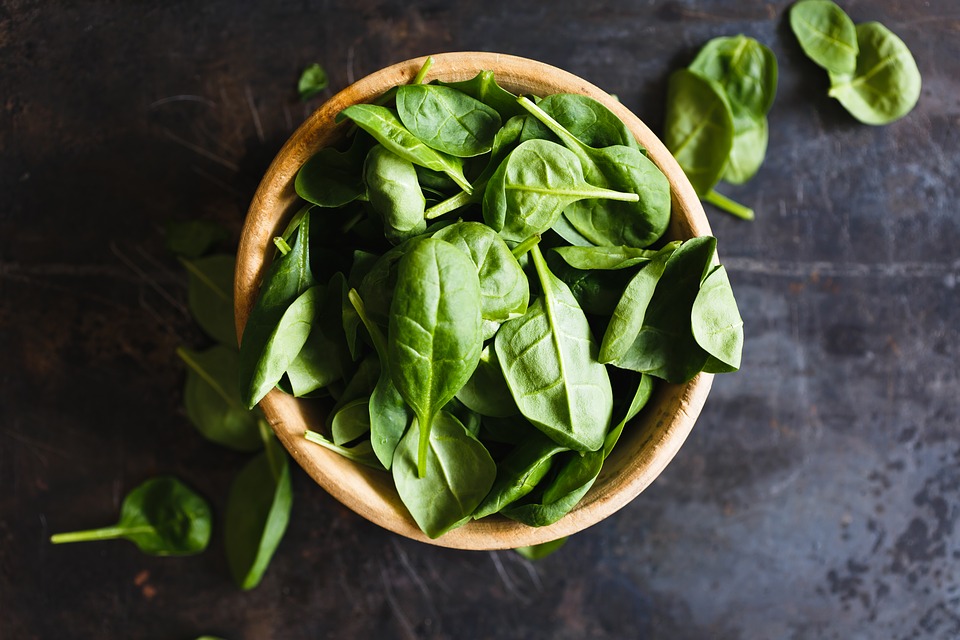

Basil, also called great basil, is an herb that comes from the mint family and is native to tropical areas such as Southeast Asia.
Below you will find the different types of basil:
- Sweet basil
- Greek basil
- Thai basil
- Cinnamon basil
- Lettuce basil
What are the health benefits of the basil?
- It consists of many vitamins and minerals such as vitamin K, vitamin C and vitamin A. It is also a good source of magnesium and omega-3 fatty acids.
- The essential oils derived from basil are used to treat wounds, skin infections and can also treat acne.
- Aromatherapy is a holistic, healing practice that uses natural plant ingredients to improve health and well-being. The basil essential oil is widely used in the aromatherapy to reduce stress, mental fatigue, migraine and depression.
Now that you are aware of their health benefits, will you grow these plants in your garden? Please share your comments!
